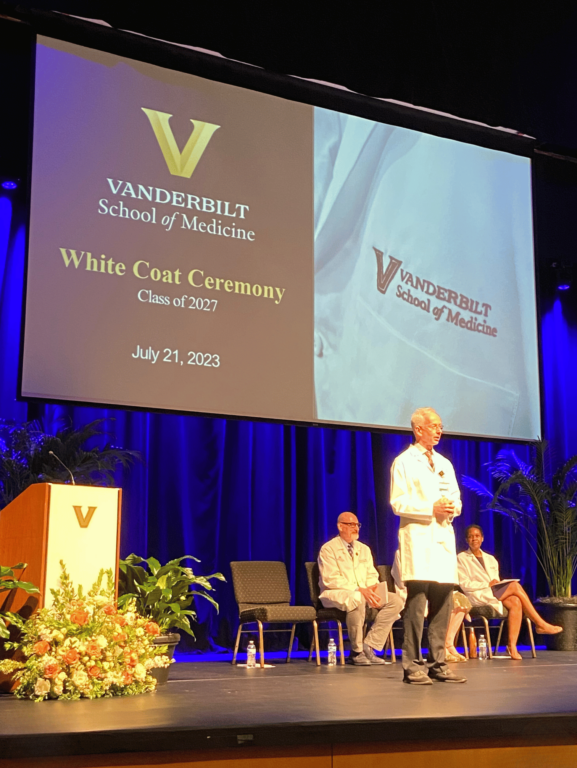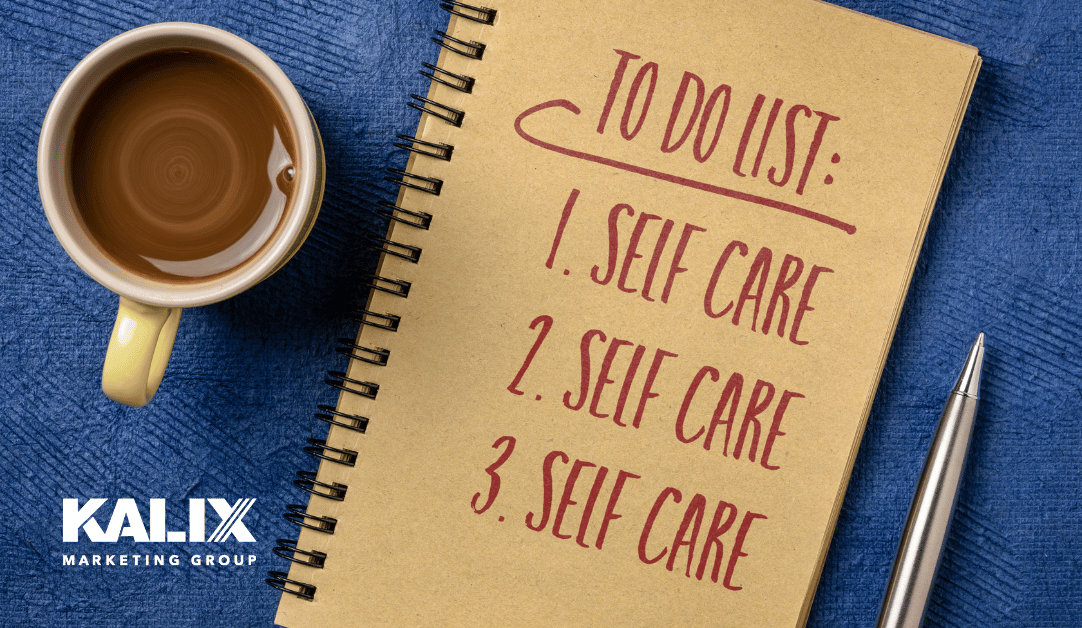The start of the academic year is also the beginning of what I call the school marathon. Each of you arrives back to your respective school communities refreshed, excited and passionate about the important work that you do.
Later this fall or by early winter, some of you will need a break. Many of you will be looking forward to your Thanksgiving and winter breaks. (OK, all of you.) Regardless of your title, your work is hard and it affects you mentally, emotionally and physically.
Practicing self-care is critically important to your success, health and overall happiness—and is directly tied to the success of your students and school. I wake up at 5 am to start my early morning 5:30 am workouts four times per week. During the summer months, I gave myself the early morning off (more sleep, also another important part of self-care) and started my workouts around 7:30 am. It’s the only time I find that I can fit it into my busy schedule. I’ve discovered that it’s not only a good thing for my body and my health, but it gives me energy every time I work out.

For our students, self-care is just as important. This past July, my wife and I had the pleasure of attending our younger daughter’s White Coat Ceremony at Vanderbilt University School of Medicine in Nashville. Yes, they really gave each of the 96 new medical students a spiffy white coat.
And I meant to say July. It was actually July 21st. How many students do you know who started a new academic year in late July? First-year medical students at Vanderbilt are in school for a solid year until late July 2024. It sounds intense. And according to our daughter, it is.
As a parent of a new medical student, I can’t tell you enough how impressed I was with the ongoing theme of self-care that I heard that day. In the parent orientation, the deans of the medical school spoke about how Vanderbilt re-configured its curriculum 12 years ago with self-care in mind. They’ve organized their academic calendar into chunks of time (weeks/months) and strategically inserted breaks in between. These breaks are designated as homework and project-free periods. They specifically want their medical students to step away from the intensity of the academics and do anything other than study. They want you to lie on a beach, to visit with family, to travel and to work on oneself.
It’s a wonderful philosophy that every school, regardless of the student’s age should practice. I think Vanderbilt is onto something (and they have the science and data to prove it).
Self-care should become a part of your school’s lexicon if it’s not. Your students, your faculty, your staff –and you—deserve it.”
–Jonathan Oleisky
We also learned that Vanderbilt takes a different approach to counseling services. While most colleges have these services available from 8am to 8pm, medical students are busy then (in class, spending time in the hospital or on call) and won’t have time to meet one-on-one with a counselor during the daytime. So, they worked out a special arrangement with the student counseling center with counselors available to meet medical students from 8pm-midnight. They clearly practice what they preach with this forward-thinking resource.
At the White Coat ceremony, the deans told the students that they had two priorities during their medical career. The first was and always would be to patient care, a marvelous philosophy. The second priority actually surprised me. Self-care, they said, was the number-two priority. How refreshing.
I believe that every educational institution in this country should adopt Vanderbilt’s playbook. We live in a complex and challenging society with far too many pressures. Self-care should become a part of your school’s lexicon if it’s not. Your students, your faculty, your staff –and you—deserve it.
What’s your plan for self-care this year? Plan it, schedule it and make it a priority.
Self-care Recommendations for Teachers, Staff and Students:
For Teachers and Staff:
Wellness Workshops: Host regular wellness workshops on stress management, nutrition and mental health. Invite experts or professionals to lead these sessions, such as having a nutritionist speak on healthy eating habits and the impact on energy levels and mood.
Peer Support Groups: Create peer support groups where teachers and staff can openly discuss challenges, share strategies and provide emotional support like a monthly “Wellness Circle” where educators can share their experiences and coping mechanisms.
Flexible Professional Development: Allow teachers and staff to choose courses or workshops (online or in-person) that align with their personal and professional interests.
Quiet Spaces: Designate quiet spaces within the school where educators can take short breaks to meditate, reflect or simply relax. Example: Set up a cozy meditation corner with comfortable seating, soft lighting and calming decor.
For Students:
Mindfulness Programs: Introduce mindfulness programs into the curriculum to teach students techniques for managing stress and improving focus. Incorporate short mindfulness exercises into morning routines or as transitions between classes.
Journaling for Reflection: Journaling is a valuable tool for self-awareness and emotional well-being. Encourage students to keep a journal where they can reflect on their thoughts, emotions and experiences. Provide prompts or journaling activities related to gratitude, self-reflection and goal-setting.
Art and Creativity: Opportunities for creative expression through art, music or writing can be therapeutic. Opportunities (with supplies and instruments) allow students to express their emotions and thoughts through art and music during breaks, advisory periods or afterschool.
Peer Support Programs: Establish peer support programs for older students to mentor and support younger ones, creating a sense of belonging and emotional and academic support. This can be as simple as a “Buddy Reader” program for 5th graders to read aloud to Kindergarten “buddies,” to having upper school peer mentors teach a class to middle school. Provide clear training and expectations to peer mentors.

